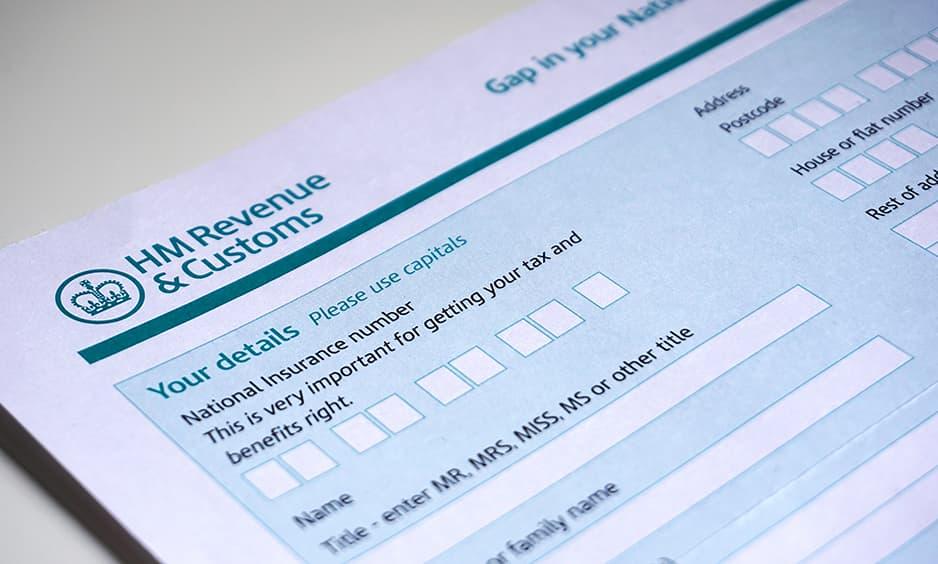CIS Returns
You've already got enough on your plate
Let us do some of the work for you
The Construction Industry Scheme (CIS) is similar to PAYE, though only applicable to construction industry contractors submitting Income Tax and National Insurance Contributions on behalf of their subcontractors. It is irrespective of both the contractor's and subcontractors' legal company structure or size. However, it only concerns self‐employed subcontractors, therefore all employees of any subcontracted company will still be paid via PAYE as per usual.
All contractors and subcontractors serving a construction project are legally required to register with the scheme before any construction may commence. Furthermore, all non‐construction organisations serving the project spending more than an annual total of 1 million, such as property developers, housing associations and local government authorities, must also comply with CIS.
A subcontractor is either registered or verified participant of CIS by their contractor. Once a contractor has completed the registration and verification process of their subcontractor, the contractor will deduct tax and NI from the subcontractor's income (unless they have opted for the Gross Payments Scheme) at a rate of 20% excluding VAT, cost of materials and plant hire.
Gross Payments Scheme
Registering for this option allows a subcontractor to receive their income without any tax or NI deducted and instead be expected to submit a tax return at the end of the fiscal year. HMRC will calculate how much tax and NI is owed.
In order for a subcontractor to qualify for this status, certain criteria must be met. Complete the simple form to see if you qualify. Details will NOT be sent to A & T and will never be shared with any third party.
- Construction takes place exclusively in the UK and is mostly transacted through a UK bank account.
- Annual turnover, excluding VAT and cost of materials, does not exceed a threshold of £30,000 for Sole‐Traders; Or, for partnerships and Limited companies, a threshold of £30,000 multiplied by the number of business owners with a ceiling of £200,000.
- No late returns or late payments within the previous three years.
Claiming CIS refunds
HMRC does not provide information regarding any specific CIS tax deduction, therefore it is the responsibility of the subcontractor's accountant should they wish to claim a CIS refund on behalf of their client.
The whole process may seem complex, though we'd be more than happy to discuss this and answer any other questions you may have during your free, no‐obligation consultation.


